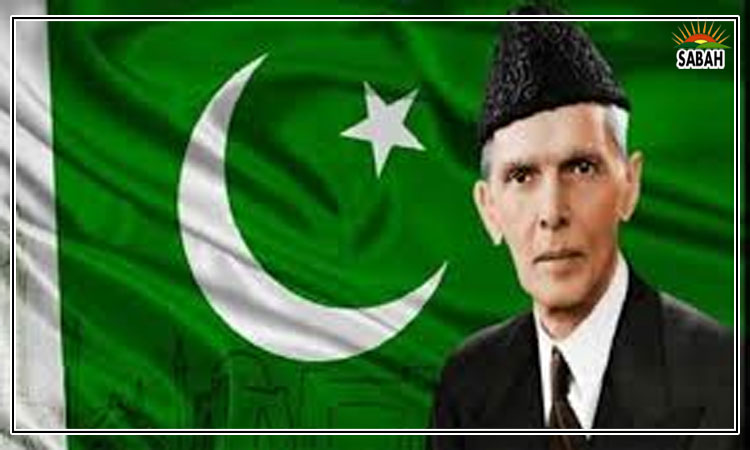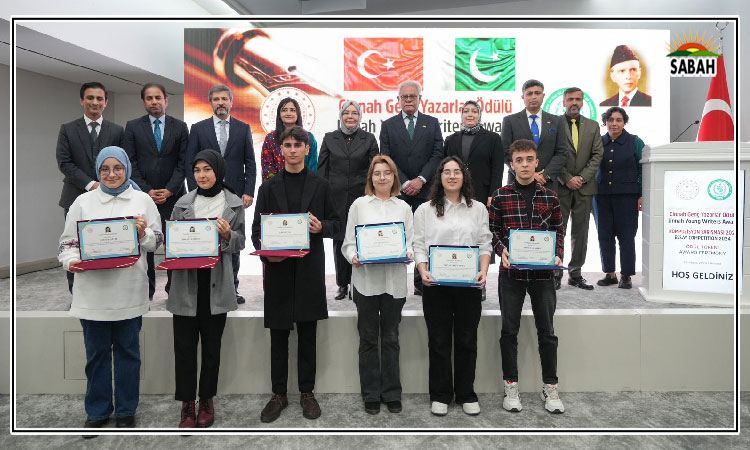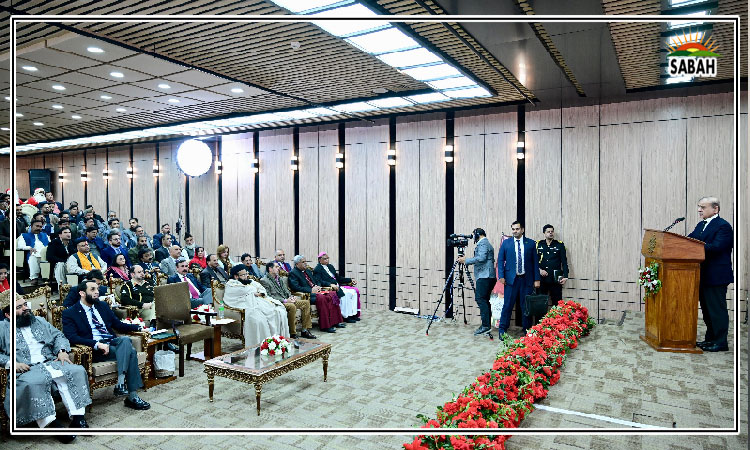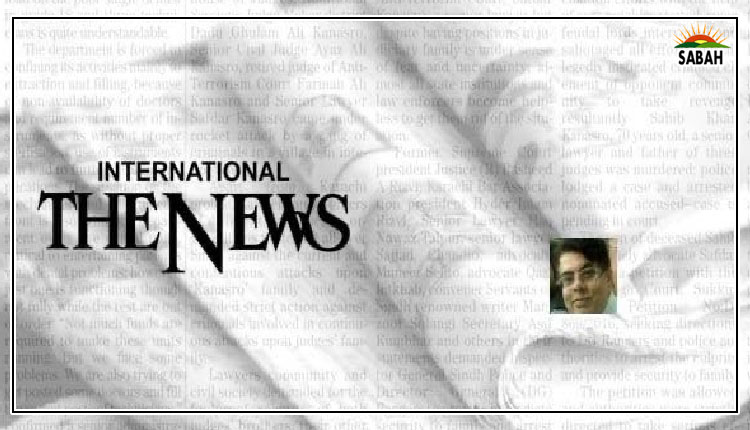Electoral reforms ….Khalid Bhatti
A joint session of parliament passed the Elections (Amendment) Bill 2023 last week. Through this bill, the coalition government has made 54 amendments in the Election Act 2017, most of which are aimed at ensuring timely compilation and announcement of election results.
These time limits have been set for the presiding officer to transmit the election results to the Election Commission of Pakistan and the returning officer. According to the new law, the presiding officer shall immediately take a snapshot of the result of the count and as soon as connectivity is available and it is practicable send it electronically or through other appropriate technologies to the ECP and the returning officer before sending the original documents under Section 90.
In case of internet unavailability, the presiding officer (PO) will personally deliver the actual result. To ensure timely declaration of results, the bill proposes a deadline of 2am on the day following the election for the presiding officer to announce the results. If there is any delay, a concrete reason must be provided. The final results must be declared by 10am the next day.
Delimitation of constituencies will be finalized four months before the election schedule, and constituencies will be based on an equal number of registered voters with a maximum five per cent difference in voter count. Complaints regarding demarcations can be made within 30 days, and the ECP is required to publish polling staff details on their website.
Polling staff will not be allowed to perform duty in their tehsil during elections. The candidates can challenge the deployment of the polling staff within 10 days.
The bill says that officials of law-enforcement agencies shall be posted for security duties outside the polling stations but in case of any emergencies may be called inside by the PO to restore order and peaceful polling. Under the bill, the contesting candidates may use their existing bank accounts for election expenses.
Section 230 of the Election Act has been amended to give more powers to interim governments to take decisions regarding the economy. The bill empowers caretaker governments to take actions or decisions regarding the existing bilateral or multilateral agreements or projects already initiated under the Public Private Partnership Authority Act 2017, the inter-governmental commercial transactions Act 2022 and the Privatization Commission Ordinance 2000.
These amendments will help conduct free, fair and transparent elections. But other important issues have been left unattended. Nothing has been done to stop or even minimize the role of money in elections. Elections have become expensive, and little has been done to provide an atmosphere in which poor peasants, women, and sections of the working class can exercise their democratic right without any fear, repression, pressures and undue influence.
The important question here is whether these amendments will be able to stop rigging and manipulation of results. The example of the 2018 elections showed that electoral reforms alone cannot stop political engineering, manipulation and rigging.
Despite electoral reforms, the 2018 elections were tarnished by allegations of rigging and manipulation of the results. The Result Transmission System (RTS) was down, or at least it was not used by a majority of presiding officers (POs) in about 85,000 polling stations across Pakistan. The failure of the RTS on election night raised many questions. The PPP, PML-N, JUI-F, MQM-P and other parties rejected the results and leveled allegations of rigging.
There is no doubt that conducting free, fair, transparent and clean elections is the basic responsibility of the ECP, but political parties have an important role to play as well. The ECP alone cannot conduct clean and fair elections without the support of political parties as well as national and provincial administrations.
Democratic governments gain legitimacy through free, fair and transparent elections. The will of the people expressed freely through authentic elections is the foundation for the authority of a democratic government. Transparency in the election process from campaigning to election results is a must for credible elections.
Free, fair, transparent and open elections strengthen the democratic process and help establish confidence in democracy. We need to further strengthen election procedures from the casting of votes to the counting and consolidation of results to encourage participation in and support for the electoral system. Transparency is essential to the electoral process because it eliminates the appearance of impropriety and limits the possibility of electoral fraud.
A transparent election process does not simply depend on voter registration, free campaigning, monitors, transparent procedures and secret ballots; it must also be able to deal promptly and effectively with different types of complaints that will inevitably arise everything from the denial of voter registration to an individual who attempts to suppress voter turnout.
The ECP needs to develop an efficient and reliable mechanism to address the complaints of voters and candidates on polling day. Timely intervention could solve many problems that occur during polling.
A number of factors have undermined the integrity of Pakistans electoral process over time. Allegations of widespread electoral fraud and manipulation have eroded confidence in the electoral system and rule of law. The other problem is that electoral politics is confined within a small circle of elite politicians. Elitist electoral politics has already sidelined the working class and even the middle class from participating in elections.
Military regimes introduced electoral politics that is based on clan, caste, sect, tribe, religion, power and money; political leaders and parties followed this path and encouraged this form of politics. This kind of politics needs to be discouraged.
The writer is a freelance journalist.
Courtesy The News












